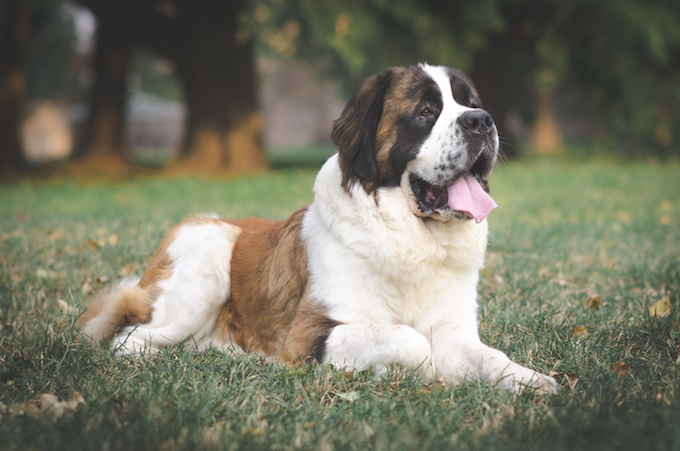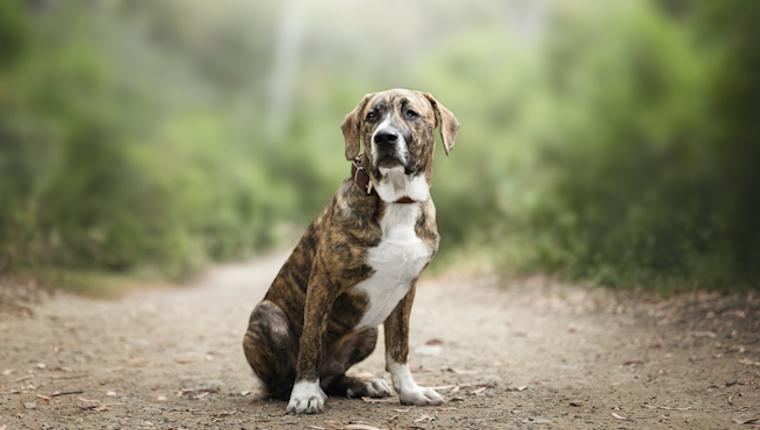
Are you considering insuring your dog? If so, you’ll want to check out this recent report on the most expensive dog breeds to insure. According to a USA Today report, dog breeds like Akitas, Boxers, and Doberman Pinschers are…


Are you considering insuring your dog? If so, you’ll want to check out this recent report on the most expensive dog breeds to insure. According to a USA Today report, dog breeds like Akitas, Boxers, and Doberman Pinschers are…



